January 14, 2025 | 06:05 GMT +7
January 14, 2025 | 06:05 GMT +7
Hotline: 0913.378.918
January 14, 2025 | 06:05 GMT +7
Hotline: 0913.378.918
On September 27, in Lam Dong province, the Plant Protection Department (Ministry of Agriculture and Rural Development) coordinated with the Embassy of the Kingdom of the Netherlands in Vietnam to organize a seminar on using biological pest control in Integrated Pest Management (IPM).
Leaders of units attended the workshop under the Ministry of Agriculture and Rural Development, the Embassy of the Kingdom of the Netherlands in Vietnam, and many experts, representatives of businesses, cooperatives, and farmers.
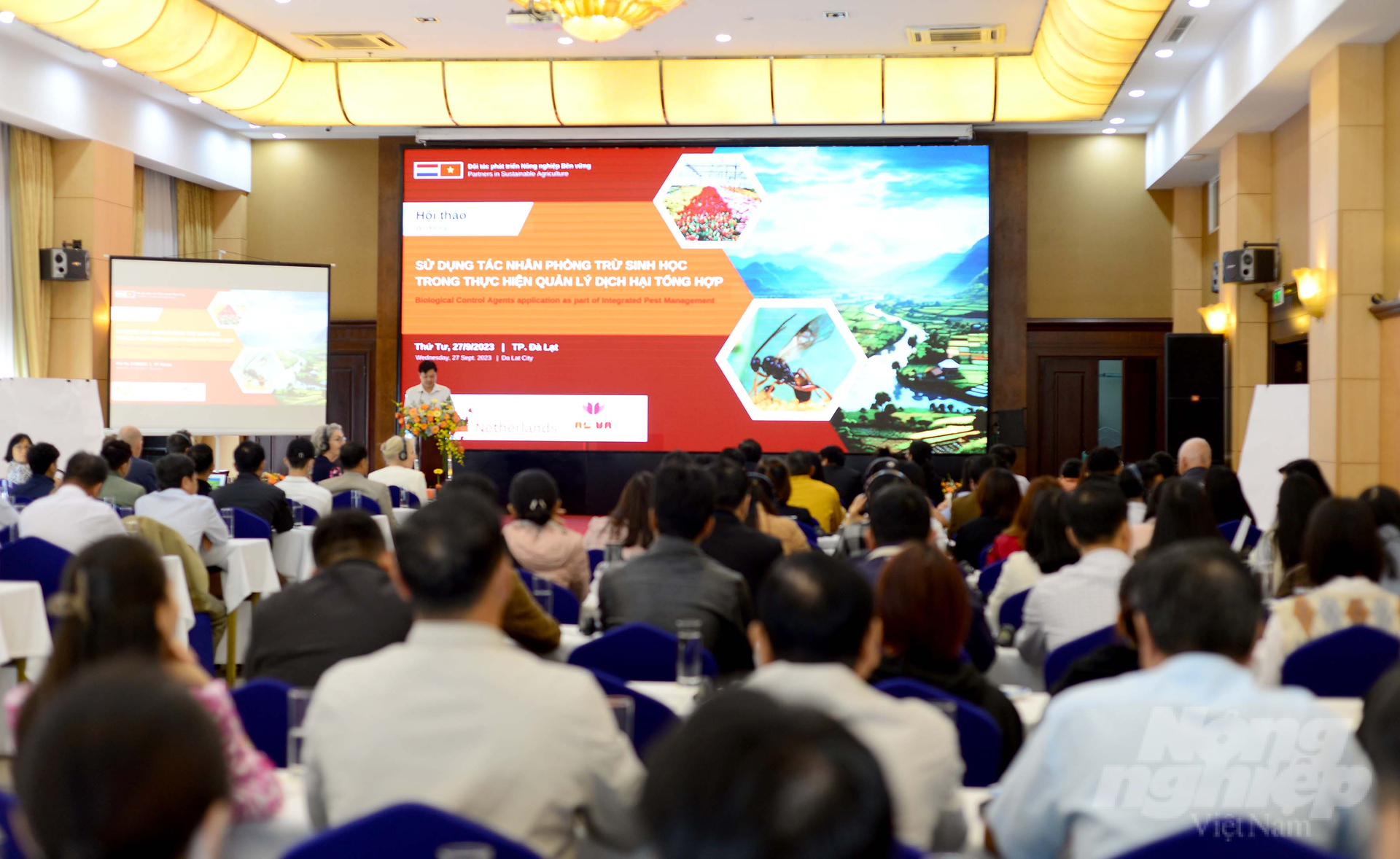
The workshop on using biological pest control in integrated pest management was held on September 27 in Da Lat City, Lam Dong Province. Photo: Minh Hau.
Nguyen Quy Duong, Deputy Director of the Plant Protection Department, said that Vietnam and the Netherlands have built a long-term and trustworthy relationship. 2023 will mark 50 years of bilateral cooperation between the two countries, and 2024 will mark 10 years of strategic partnership in sustainable agriculture and food security.
"Biological pest is an important topic that we are all interested in. It is consistent with Vietnam's sustainable agricultural and rural development strategy, contributing to its sustainable development. At the same time, this is also an area in which the Netherlands possesses the leading experts and knowledge in the world," Nguyen Quy Duong shared.
Nguyen Quy Duong also hopes that through the conference, he will receive sharing from experts from the Netherlands and businesses, cooperatives, and farmers so that the Plant Protection Department can provide direction in using biological pest control in integrated pest management in the coming time.
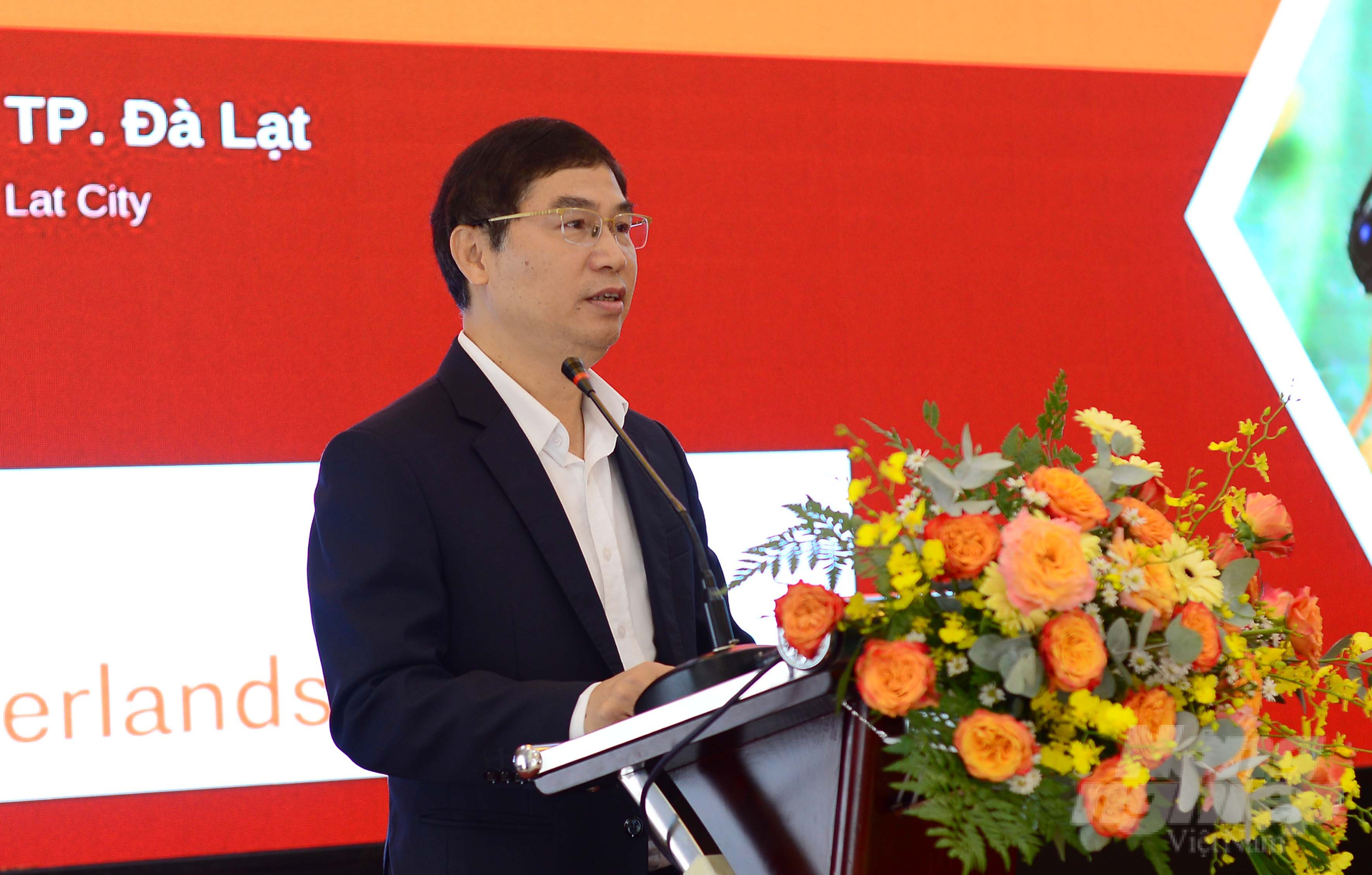
Nguyen Quy Duong, Deputy Director of the Plant Protection Department, spoke at the seminar. Photo: Minh Hau.
According to Lianne Kersbergen, Deputy Head of the National Plant Protection Organization of the Netherlands, the use of biological pest control in Integrated Pest Management is essential in agricultural production to contribute to reducing the use of chemical pesticides in farming, contributing to reducing risks in production and increasing product value.
Using biological pest control in Integrated Pest Management for outdoor production in the Netherlands has reduced greenhouse gas emissions. Lianne Kersbergen also expressed that the Netherlands wishes to exchange and cooperate with Vietnam on the issue of using biological pest control in Integrated Pest Management.
According to the Plant Protection Department, Vietnam has participated in many trade agreements, and expanding agricultural export markets has achieved many positive results. Pesticides and fertilizers are strictly managed from registration to use. In particular, the Ministry of Agriculture and Rural Development focuses on implementing programs to develop the production and use of organic fertilizers and biological pesticides.
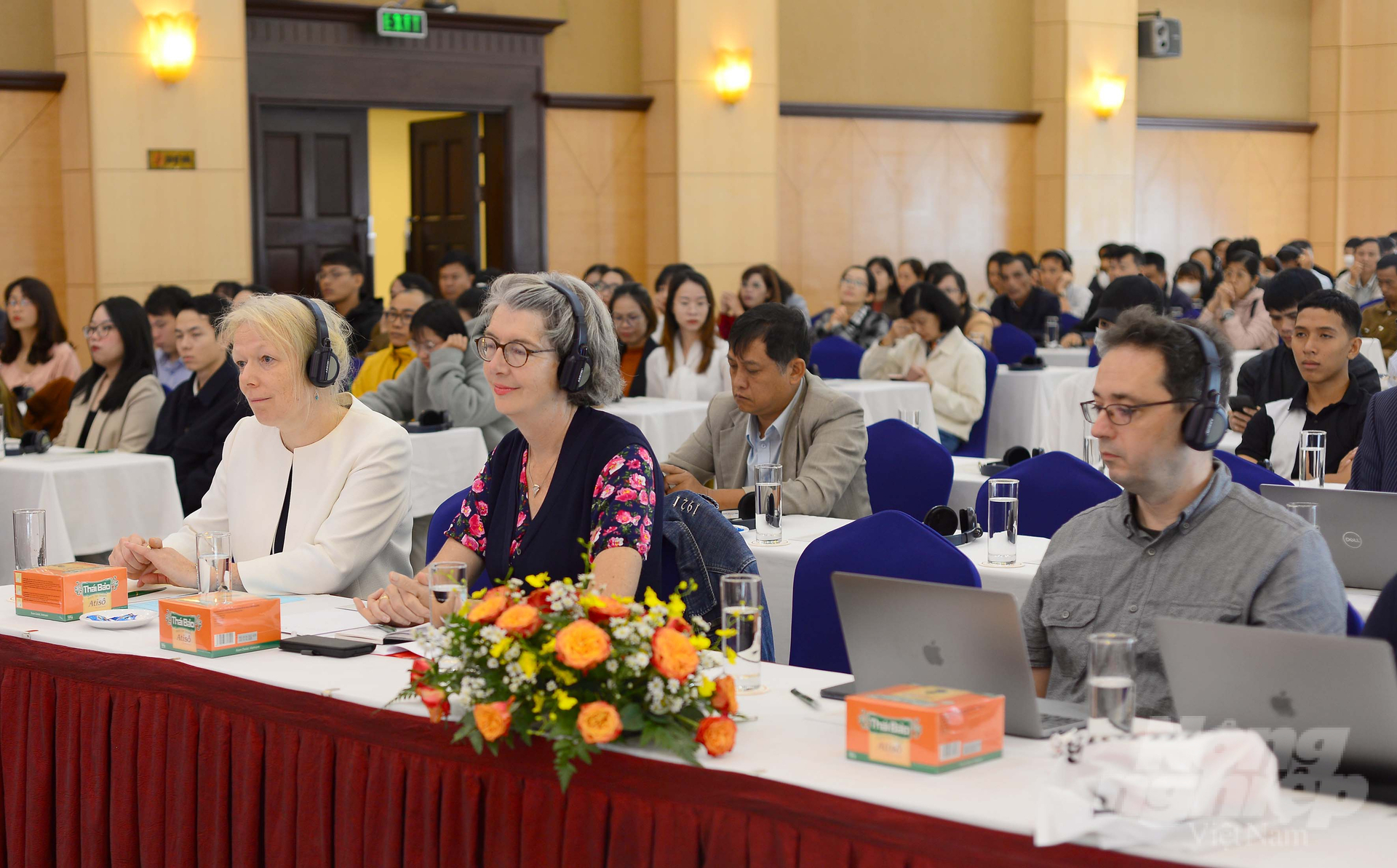
The workshop was attended by Netherlands experts. Photo: Minh Hau.
Currently, biological pest control in integrated pest management brings many benefits. This includes reducing the use of pesticides, limiting pesticide residues in products, and protecting health and the environment. Contribute to maintaining the field ecosystem, significantly improving the quality of agricultural products, and meeting market demand.
At the workshop, experts said biological control agents in integrated pest management bring many benefits. However, their application in production is unpopular, and many problems remain. In particular, experts point out that the conditions for using natural enemies must be isolated from areas where pesticides are used. Furthermore, agricultural product prices are unstable, leading to low profits and producers having to change according to the market. In particular, people's awareness of the benefits of using natural enemies is not high...
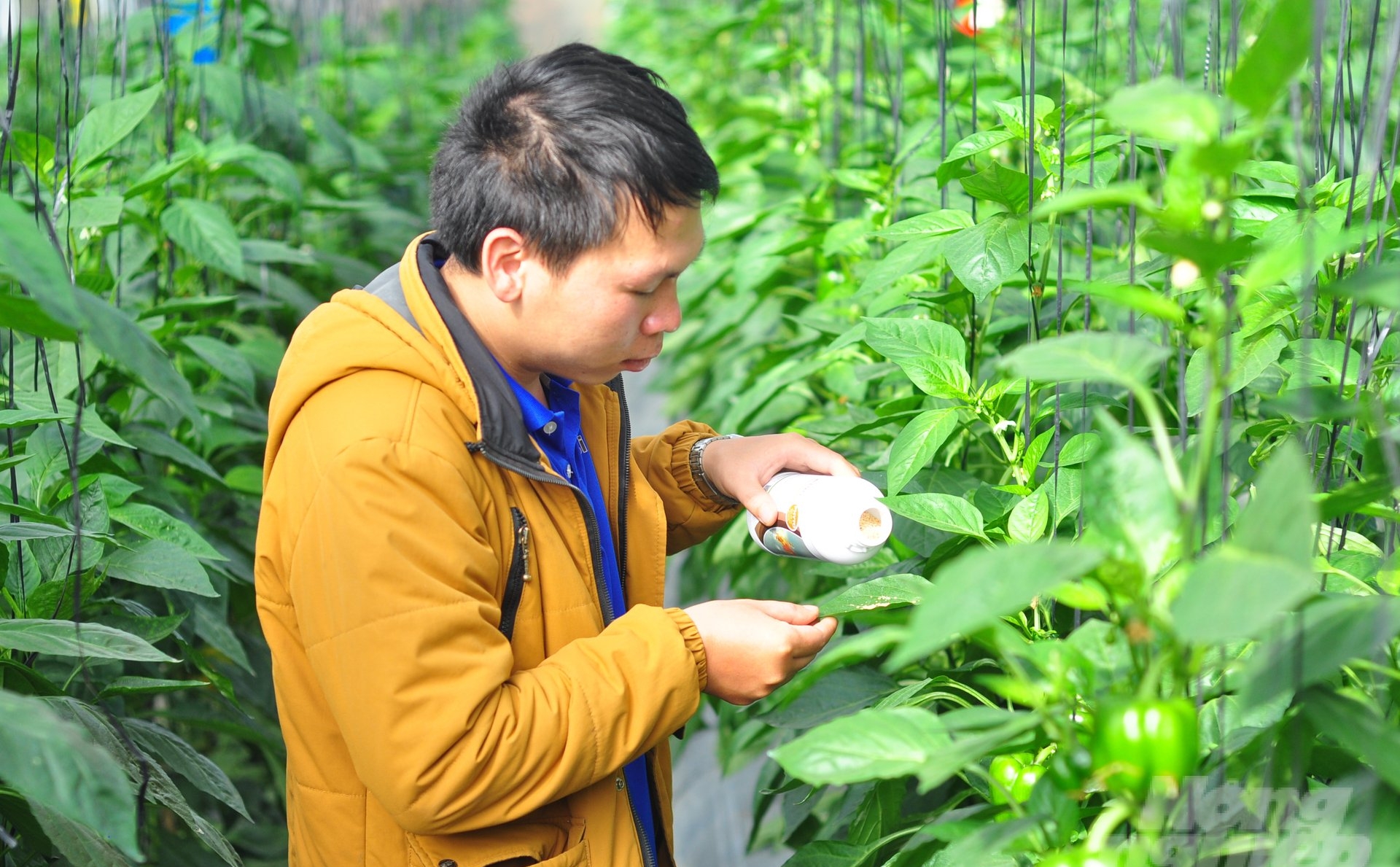
Model of using Biological pest control to protect bell peppers in Lam Dong province. Photo: Minh Hau.
Representatives of units and experts said that to increase the use of biological pest control in integrated pest management in Vietnam, the immediate need is to organize propaganda to raise awareness about the benefits and effectiveness of applying biological agents. Along with that, there needs to be mechanisms and policies on training and guidance on using biological pest control on crops.
In addition, representatives of units and experts also agreed on the need to build models for applying biological pest control, and the authorities need to have policies to support the export and import of biological pest control. Also, implement support policies on developing markets for agricultural products using biological pest control.
Biological pest control is a method of controlling pests, whether pest animals such as insects and mites, weeds, or pathogens affecting animals or plants by using other organisms. It relies on predation, parasitism, herbivory, or other natural mechanisms, but typically also involves an active human management role. It can be an important component of integrated pest management (IPM) programs.
Translated by Tuan Huy
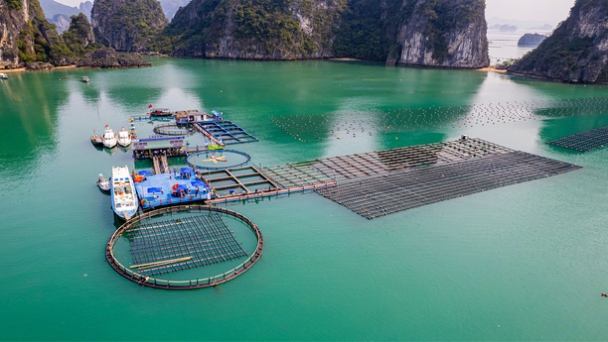
(VAN) Marine spatial planning, enhanced forecasting capabilities, and the provision of marine insurance are key focus areas in aquaculture cooperation between Vietnam and Norway.
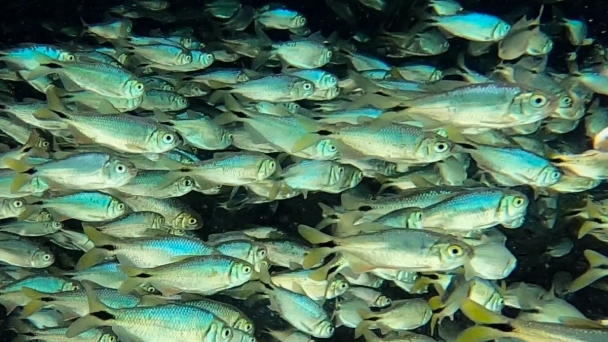
(VAN) The largest global assessment of freshwater animals on the IUCN Red List of Threatened Species reveals that 24% of the world’s freshwater fish are at high risk of extinction.

(VAN) The quality of agricultural products is not only key to winning the trust of international consumers but also crucial to attracting investments in food processing and production technology.
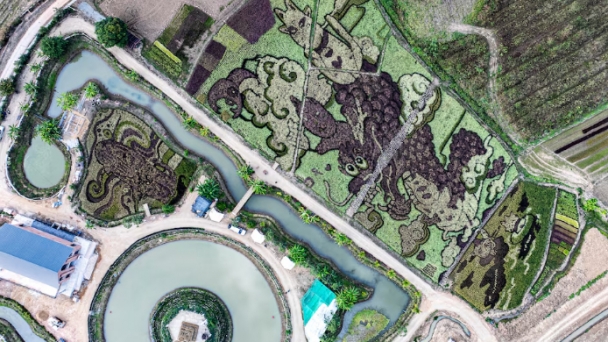
(VAN) Since the paddy art's launch in December, thousands of visitors, including students, families and locals, have visited, finding inspiration, hope and reflection, he said.
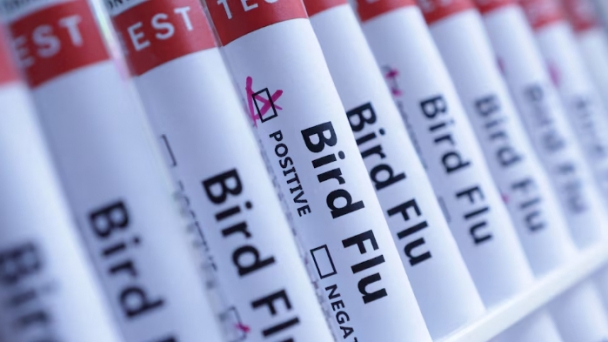
(VAN) Trade risks hinder immediate vaccine deployment, Agriculture Secretary Vilsack has said.

(VAN) Minister of Agriculture and Rural Development Le Minh Hoan reaffirmed Vietnam’s commitment to South-South cooperation with Togo during his meeting with the Minister of Foreign Affairs, African Integration, and Togolese Abroad on January 9.
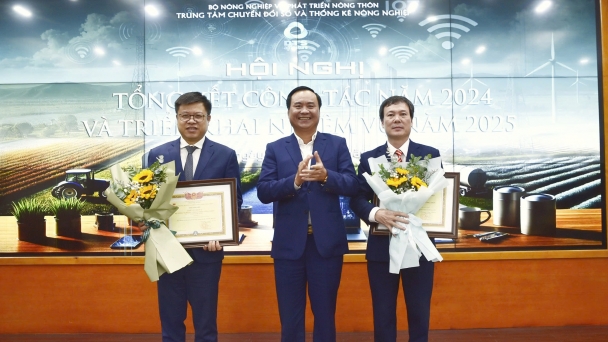
(VAN) This is the directive of Deputy Minister Vo Van Hung when assigning tasks to the Center for Digital Transformation and Agricultural Statistics in 2025.